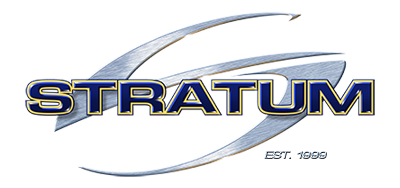IN PARTNERSHIP WITH:

Bring learning to life…
with an interactive educational experience focused on encouraging creativity, collaboration and critical thinking skills. An Arizona Science Center instructor will teach and facilitate students through hands-on demonstrations and experiments that focus on reinforcing the concepts through project-based learning and STEM instruction relating to laser tag technology. Programs provide a rich learning experience that support content standards and create excitement!
Sign Up for Special School discounts available by email only
Lasers and Light Waves (Grades 3-6)
During these STEM field trips students will explore light waves and how they relate to laser tag. Students will observe different types of light and how they interact with diffraction gratings and polarizing film. Using their new knowledge, students will be asked to hypothesize how changing the light we see impacts our laser tag game play.
Laser Light Laboratory (Grades K-6)
Learn about reflection and refraction while improving your laser tag game! Students will work in teams to test out various materials to see what will help them bounce light to hit a target. Which team will become the fastest taggers?
Architecture of Light (Grades K-8)
Learn about human-centered design’s creative approach to problem solving while working in teams to develop a new arena design. Students are lead through this process as they design, create, and test their own prototypes while using their own experience in the arena to consider the safety, playability, reliability and appearance of their model.
Tag Math Beginner (Grades 3-4)
Students will use addition, subtraction, and one digit multiplication to analyze their own scorecards and compare team scores. Using this data, teams will then strategize how to improve their total score on their next game.
Tag Math Advanced (Grades 5-8)
Students will learn how to calculate percentages, means, and ratios based on their laser tag experience and scorecard comparisons. By utilizing this data and comparing their scoring, students will devise a plan to improve their tag ratio, accuracy, or overall score.
Science of Sound (Grades 3-8)
Both light and sound are forms of energy that travel in waves, but they behave differently. Students will explore some of these differences using hands on explorations to see sound and observe waves.
*Circuitry Systems: (Grades 3-8)
How do laser tag packs actually work? Students will explore the basics of circuitry to discover how laser tag packs and other electronics around them work by learning about insulators, conductors, & circuit boards. Students will then apply their knowledge of circuitry to create a laser tag sensor.
*Offline Coding Tag (Grades K-8)
Learn the basics of computer programming and algorithms through a series of offline challenges. Can you program your human robot to navigate and hit a target successfully? Students will start building the skills necessary to translate real world situations to online scenarios.
*Sphero Mazes (Grades K-8)
Students will be introduced to basic coding principles using Sphero robots. Test your coding skills as you navigate a blueprint of Stratum’s arena; then use your laser tag experience to design your own model. Can you and your team code your Sphero to successfully maneuver it through your team’s arena?


